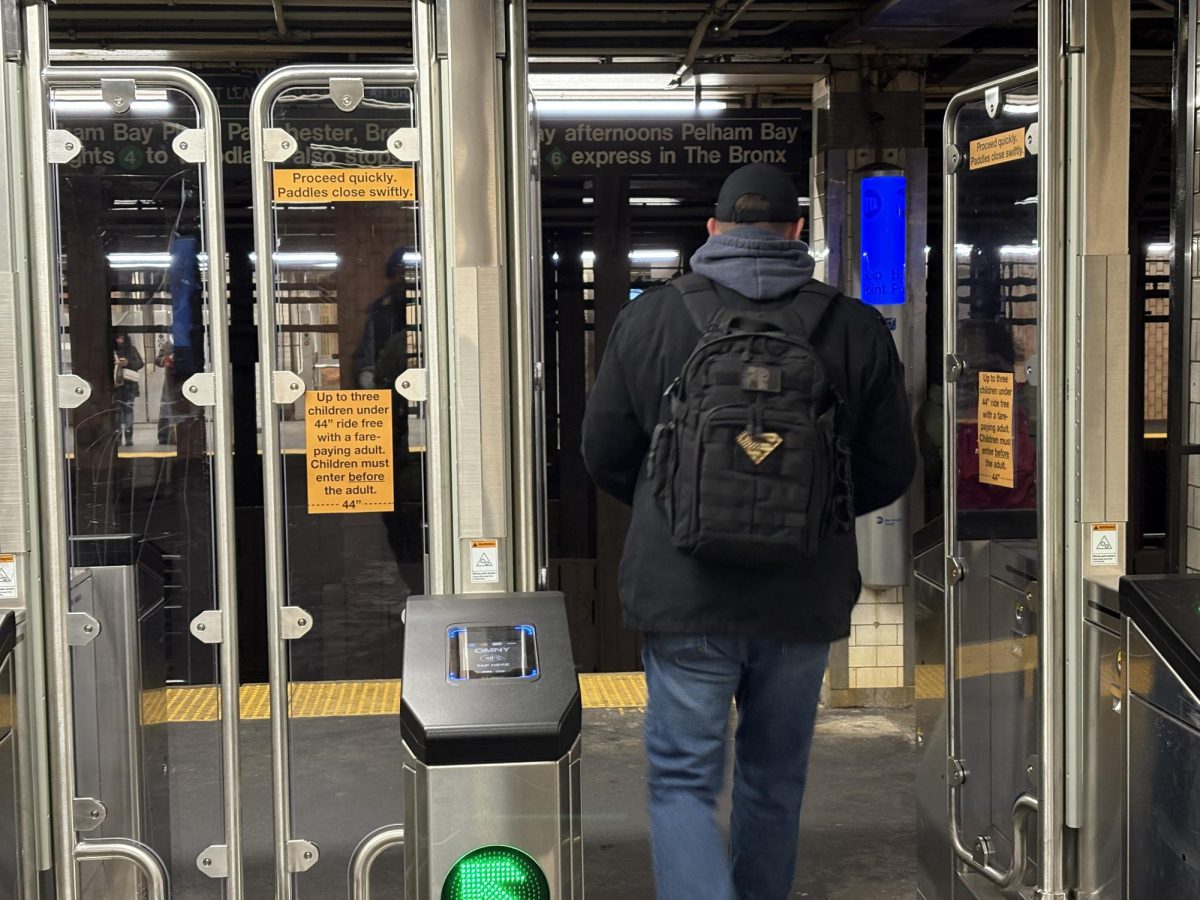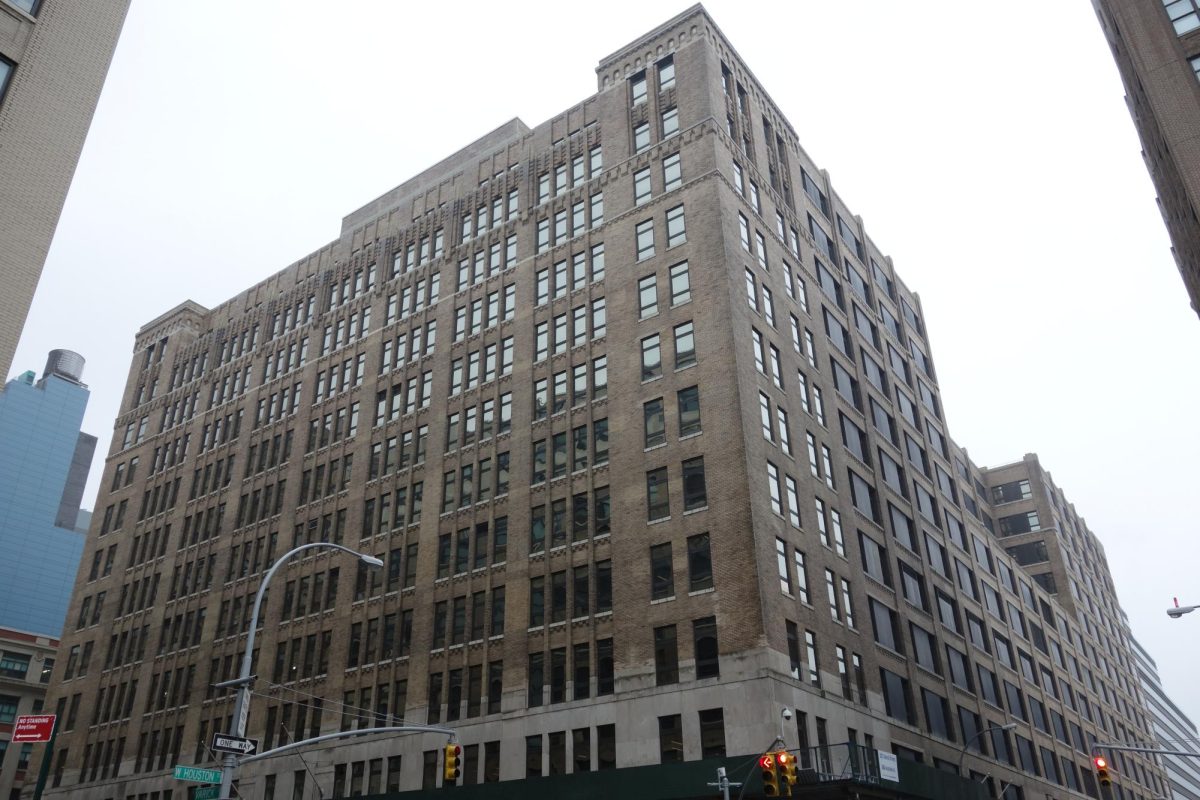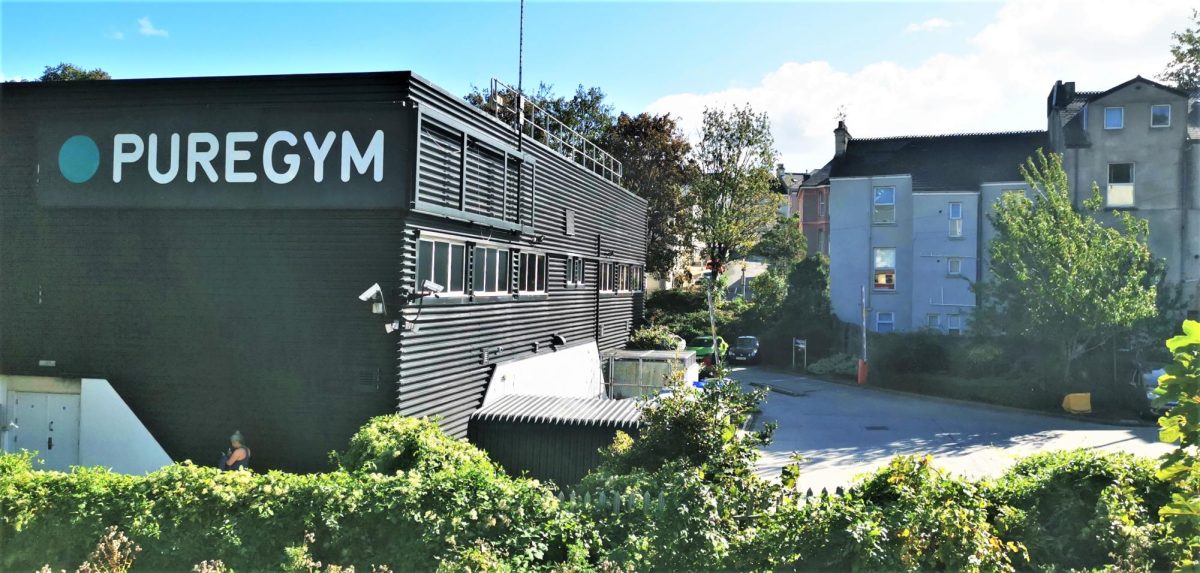
The Veterans Resource Center at Baruch College has been renovated to better accommodate the growing population of student veterans who use the space. The Home Depot Foundation, in partnership with the national chapter of Student Veterans of America, awarded Baruch’s chapter a grant of $8090 to buy furniture and redesign the space, bringing a vibrant and homelike energy to the lounge.
The Home Depot foundation aims to improve the lives of U.S. military veterans and their families, assisting them to overcome housing challenges like unemployment, age and service-related disabilities. Nick Schede, the president of the Baruch SVA chapter, was motivated to push for the renovation project because of the exposure it provides student veterans on campus. Schede submitted a photo essay as a pitch to explain why the money would be beneficial, in addition to a blueprint of how the money would be spent. The photo essay included photos of Baruch veterans in action with a message from each veteran about the impact that education has on their lives.
Working with the guidance of their club advisor Aubrey DeCarlo, the club was able to redesign the space during the fall semester.
Previously a space for veterans to socialize with a design similar to other club rooms, the new architecture of the lounge emulates a United Service Organizations lounge, with wooden cabins, a leather couch and décor that resonates with the student veterans. The leather couch immediately draws attention to students who enter, regal in design and comfortable to relax.
Given the commuter tag of Baruch, Schede wanted the room to be more welcoming and better aid veteran integration at Baruch. The couch “gives us a place to really sit,” said Schede.
He believes that there are many benefits that veterans do not take advantage of, like going to college through the GI Bill.
“I remember being in the Middle East and thinking about my next move, because I was coming to the end of my contract. I was thinking, do I stay in and reenlist, get the extra bonus money?… its tax-free overseas,” said Schede.
Without an answer, Schede recalls a conversation with a friend who suggested pursuing a degree. “I never considered that option,” said Schede.
With over 36 months of active duty, Schede was eligible for tuition coverage at military friendly schools in addition to a rent stipend that allows him to focus on his studies. This is a newer feature to the GI Bill, which aims to have more soldiers involved with their studies.
By subsidizing housing, veterans can focus more on school and assimilating to life outside of the military.Baruch is located blocks away from the VA NY Healthcare System and across the street from the armory.
“It’s just a perfect fit,” said Schede. Only 25 percent of veterans take advantage of the GI Bill.
“You get accustomed to the culture and the lifestyle of being in the military,” said Steven D’Souza, a student veteran who served from 1999-2004.
“Just being a veteran is great, but we have to transition and become civilians again. The GI bill is a paid transition training for us to get back into society, because the military is a whole different world,” said Schede.
A ceremony was held on March 1 to cut the ribbon on the renovated student veteran lounge. After sharing the photo essay he submitted for the grant, Schede cut the ribbon with his Leatherman multi-tool, which he carries on him at all times because of its tremendous sentimental value.
Branded in Philmont, New Mexico, from his adventures in the scout ranch as a boy scout, the tool is used by Schede for numerous functions in his life. It helped him build homes during his three months in Cambodia. It was a useful tool to rip out jammed bullets in the Middle East and adjust sights on weapons during training. It proved especially useful to the celebration of a new space for all student veterans.
“Given to me from my older brother, it has gone all over the world with me. I keep that legacy going in a sense,” said Schede.







